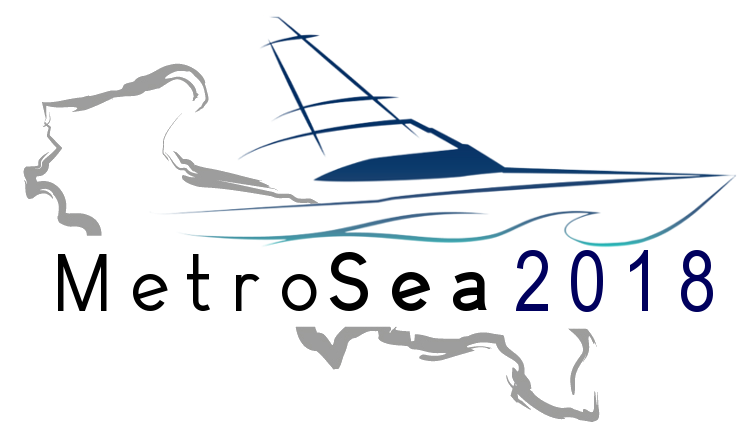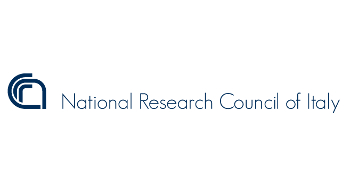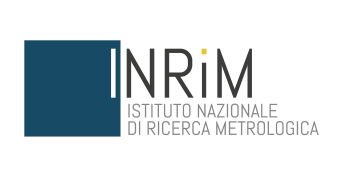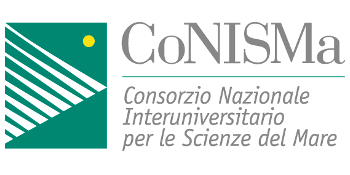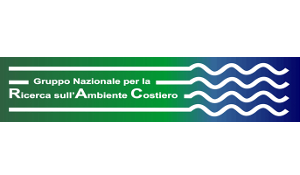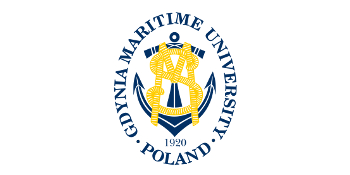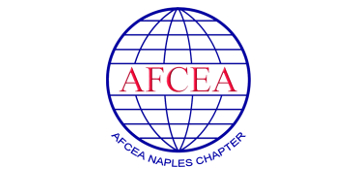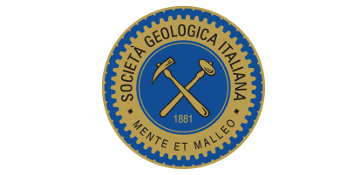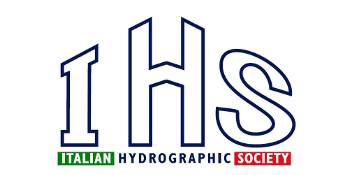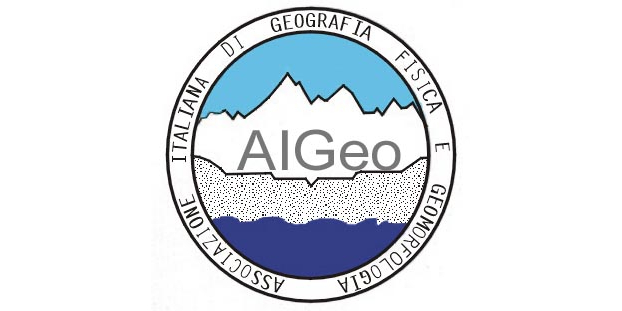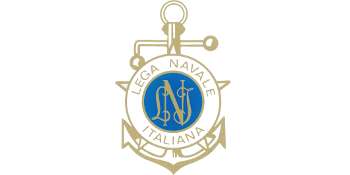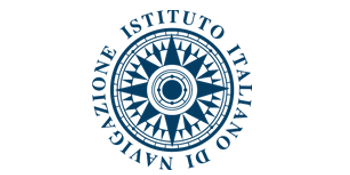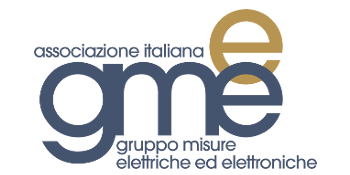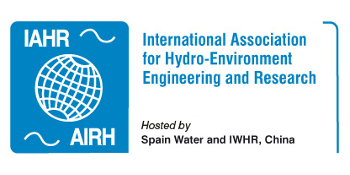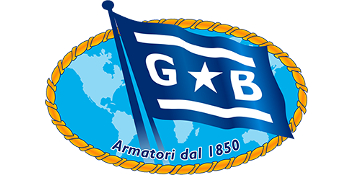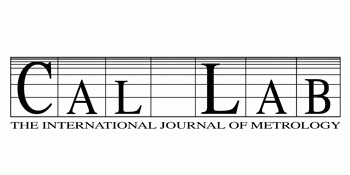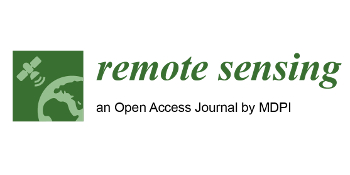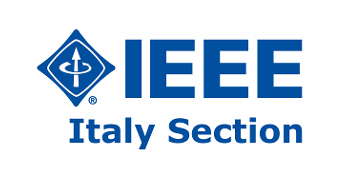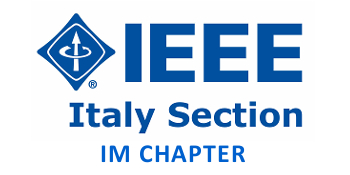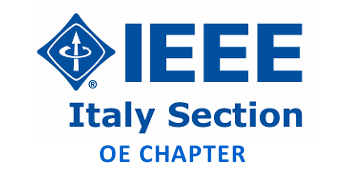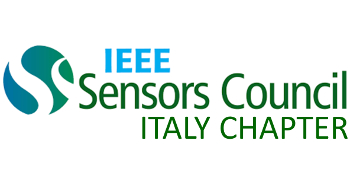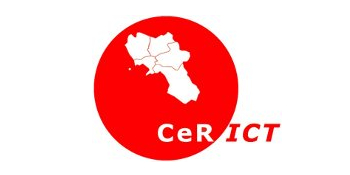SESSION 1 - Cetaceans as a sentinel species of the conservation status of marine Ecosystem
Prof. Roberto Carlucci, University of Bari Aldo Moro, Italy
Roberto Carlucci
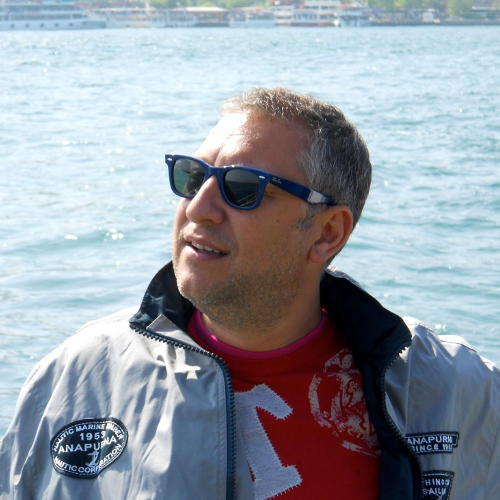 Roberto Carlucci holds a Ph.D. in Environmental Science and he is Assistant Professor in Ecology. His main research interests have been focused on the application of biological, statistical and mathematical models to marine ecology, population dynamics and fishery stock assessment. He worked on EU DCF data collection, marine bio-invasions of alien species in the Mediterranean Sea and the implementation of the EU Marine Strategy Framework Directive. The application of EAF principles to fisheries management have been at the core of these collaborations. Roberto Carlucci was member of the Necton and Fisheries Steering Committee of the Italian Society of Marine Biology during 2010-2013 and 2013-2015. In addition, Roberto Carlucci long attended the Working Group on Fishery Stock Assessment of Demersal Species in the framework of the FAO General Fishery Commission for the Mediterranean as well as the FAO regional projects Eastmed being responsible of the Geographical Sub Area GSA19 (Western Ionian Sea). Roberto Carlucci is also the scientific responsible of the Jonian Dolphin Conservation onlus which is focused on the assessment and conservation of dolphin and whales in the Ionian Sea. Moreover, Roberto Carlucci is member of the CIESM Task Force on Sharks and Rays. Roberto Carlucci has (co)-authored more than 78 scientific publications in congress proceedings, national and international ISI journals. Roberto Carlucci is a reviewer for Italian and international ISI journals.
Roberto Carlucci holds a Ph.D. in Environmental Science and he is Assistant Professor in Ecology. His main research interests have been focused on the application of biological, statistical and mathematical models to marine ecology, population dynamics and fishery stock assessment. He worked on EU DCF data collection, marine bio-invasions of alien species in the Mediterranean Sea and the implementation of the EU Marine Strategy Framework Directive. The application of EAF principles to fisheries management have been at the core of these collaborations. Roberto Carlucci was member of the Necton and Fisheries Steering Committee of the Italian Society of Marine Biology during 2010-2013 and 2013-2015. In addition, Roberto Carlucci long attended the Working Group on Fishery Stock Assessment of Demersal Species in the framework of the FAO General Fishery Commission for the Mediterranean as well as the FAO regional projects Eastmed being responsible of the Geographical Sub Area GSA19 (Western Ionian Sea). Roberto Carlucci is also the scientific responsible of the Jonian Dolphin Conservation onlus which is focused on the assessment and conservation of dolphin and whales in the Ionian Sea. Moreover, Roberto Carlucci is member of the CIESM Task Force on Sharks and Rays. Roberto Carlucci has (co)-authored more than 78 scientific publications in congress proceedings, national and international ISI journals. Roberto Carlucci is a reviewer for Italian and international ISI journals.
SESSION 2 - Measurement of the Operational Availability
Eng. Eduardo De Francesco, Se.Te.L. s.r.l. - setelgroup.it
Eng. Fabio Leccese, Università degli Studi "Roma Tre", Italy
In systems engineering, Operational Availability is the branch that allows knowing of how long a system has been available to use when compared with how long it should have been available to be used.
It born for advanced industrial and research fields as aeronautical, space, defense and naval where aircraft, space, missile or ship systems have a large number of failure modes that must be addressed with limited resources.
In order to measure the Operational Availability, formal reliability modeling during development is required to prioritize resource allocation before operation begins. Estimated failure rates and logistics delay are used to identify the number of forward positioned spare parts required to avoid excessive down time. This is also used to justify the expense associated with redundancy.
Formal availability measurement is used during operation to prioritize management decisions involving upgrade resource allocation, manpower allocation, and spare parts planning.
A good measurement allows saving many resources that are immediately translated in economic savings but, for operative environments are even translated in rescue of human lives.
For these reasons, the concepts typical of the measurements world and the concept of uncertainty are fully used in this field.
The tutorial wants to show the state of the art testified by 45 years of experience in this field.
Fabio Leccese
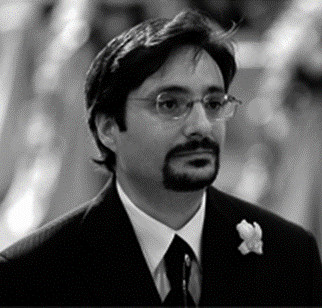 Fabio Leccese was born in 1974. He received the Electronic Engineering degree from "Roma Tre" University of Rome in 2000, and the Ph.D. degree in Electronic Engineering in 2004. He is currently with the Science Department, "Rome Tre" University of Rome as an assistant professor in the field of Electric and Electronic Measurement. Since 2017 is qualified to carry out the role of Associate Professor. The main research fields are Measurement Chain with particular regard to the field of the Power Quality, Wireless Sensor Network, Public Lighting and Integrated Logistic Support analysis with particular regard to the fields of aerospace and public lighting.
Fabio Leccese was born in 1974. He received the Electronic Engineering degree from "Roma Tre" University of Rome in 2000, and the Ph.D. degree in Electronic Engineering in 2004. He is currently with the Science Department, "Rome Tre" University of Rome as an assistant professor in the field of Electric and Electronic Measurement. Since 2017 is qualified to carry out the role of Associate Professor. The main research fields are Measurement Chain with particular regard to the field of the Power Quality, Wireless Sensor Network, Public Lighting and Integrated Logistic Support analysis with particular regard to the fields of aerospace and public lighting.
Eduardo De Francesco
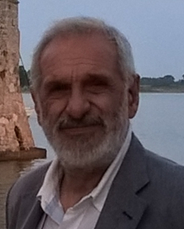 Master’s degree in electronic Engineering achieved at Politecnico di Torino in 1973. Since the beginning, he matured his experience in the ILS Engineerig field starting from the Tornado project, developing in the 70’, in cooperation with the Italian Air Force, one of the first Logistic Plans.
Master’s degree in electronic Engineering achieved at Politecnico di Torino in 1973. Since the beginning, he matured his experience in the ILS Engineerig field starting from the Tornado project, developing in the 70’, in cooperation with the Italian Air Force, one of the first Logistic Plans.
In 1978 he founds the SIPAL (Società Italiana per l’Assistenza Logistica), in 1982 joins SeTeL (Servizi Tecnici Logistici), covering all roles and where he is still operating.
He became president of SeTeL in 1997 and from 2011, once retired, covers the R&D Manager Role.
From 2001 to 2011, he was professor of SW sciences (data modelling) at Libera Università S. Pio V in Rome. He continued to teach ILS methodologies in many universities and Masters.
In 2013 he becames vice president of Federlazio Aerospace and Defence (Latium SME Association).
Since 2013, in collaboration with Roma Tre University, started to face a research theme called “Autonomic Logistic” with a series of thesis and funded Project.
He participated to the development of NIILS (Normativa Interforze ILS) and had a significant role in the definition of the Italian Navy NAV-70 standard which is the customization of the ASD S1000 to the national needs.




